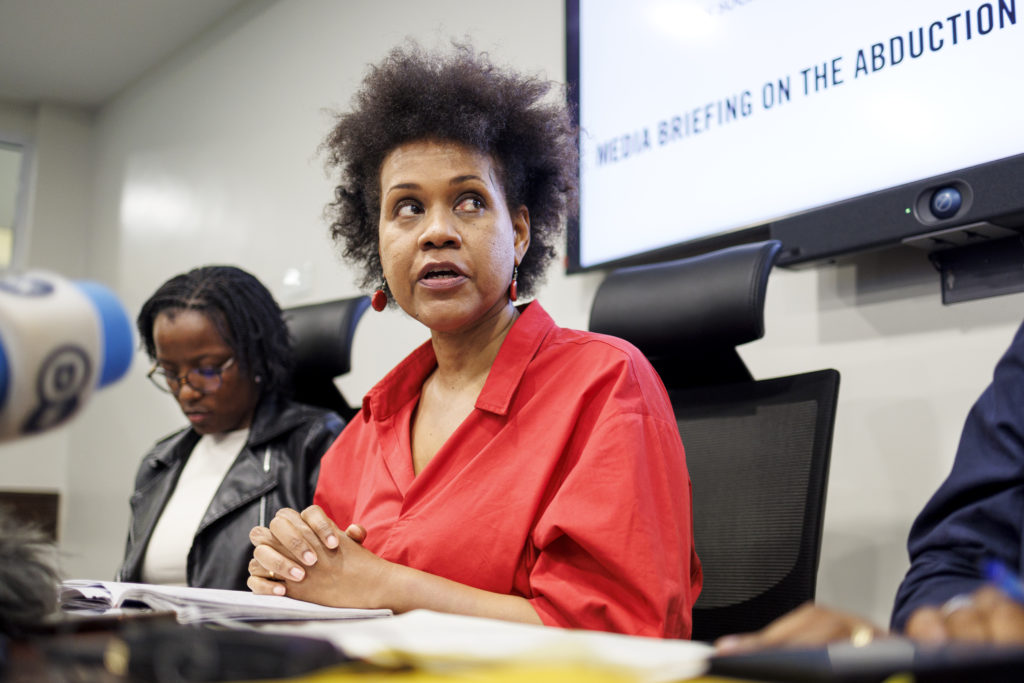Activist Maria Sarungi Tsehai said Monday she was certain the Tanzanian government was behind her abduction the day before in Nairobi that was only foiled after a rapid intervention by rights groups. Sarungi Tsehai is a well-known Tanzanian journalist and activist, whose Change Tanzania organisation calls for democratic reform. She went into exile in Kenya four years ago after learning she would be arrested. Sarungi Tsehai told AFP she had just finished a hair appointment in central Nairobi on Sunday when three men dragged her out of her taxi into their vehicle. They choked and handcuffed her, and demanded access to her mobile phones, while speeding out of the city. “I thought they were going to break my neck, I was screaming,” she said. “My personal view is that this abduction involved the Tanzanian government.
This is the kind of tactics they would use to silence.”After a long time on the road, her captors stopped the car and appeared to be holding discussions with a superior. They eventually told her to walk away without looking back. sarungi Tsehai has continued to highlight abuses in Tanzania, lately focused on the mounting crackdown ahead of elections later this year, with President Samia Suluhu Hassan’s government accused of overseeing mass arrests and abductions of opponents.She said it was a “precarious period for the ruling party” with the public increasingly aware about repression and the lack of democratic freedom. “The more people become aware, the bigger the repression,” said Sarungi Tsehai.She had protocols in place with her family that meant her disappearance was immmediately reported to rights groups who raised the alarm, including Amnesty International and the Law Society of Kenya. She believes the rapid furore in the media and online is what forced her captors to release her. “There was a point when I thought I would be taken across the border, and you would never have heard from me again,” she said. A self-professed “loud-mouth”, she remains undaunted by the traumatic episode. “I will not stop, I will not relent,” she vowed. Kenya has a growing reputation for allowing foreign governments to kidnap their citizens and forcibly extradite them in violation of international law. A group of 36 Ugandan opposition members were abducted in Kenya in July and forcibly returned for a terrorist trial.
The same happened to former presidential candidate Kizza Besigye in November, and he now faces a widely condemned military trial.In October, four Turkish refugees were abducted in Nairobi and forcibly returned to Turkey. Amnesty warns these incidents are part of a “growing and worrying trend of transnational repression” in Kenya.The country has also seen a wave of abductions targeting its own citizens, focused on critics of President William Ruto in the wake of massive youth-led protests last June. The Kenya National Commission on Human Rights says at least 82 people have been abducted since the protests, with dozens still missing.Ruto has admitted to excesses by security forces.
Speaking on December 27 he even said “we will stop” the abductions, though he also called on parents to better control their children.
Mon, 13 Jan 2025 15:13:06 GMT











